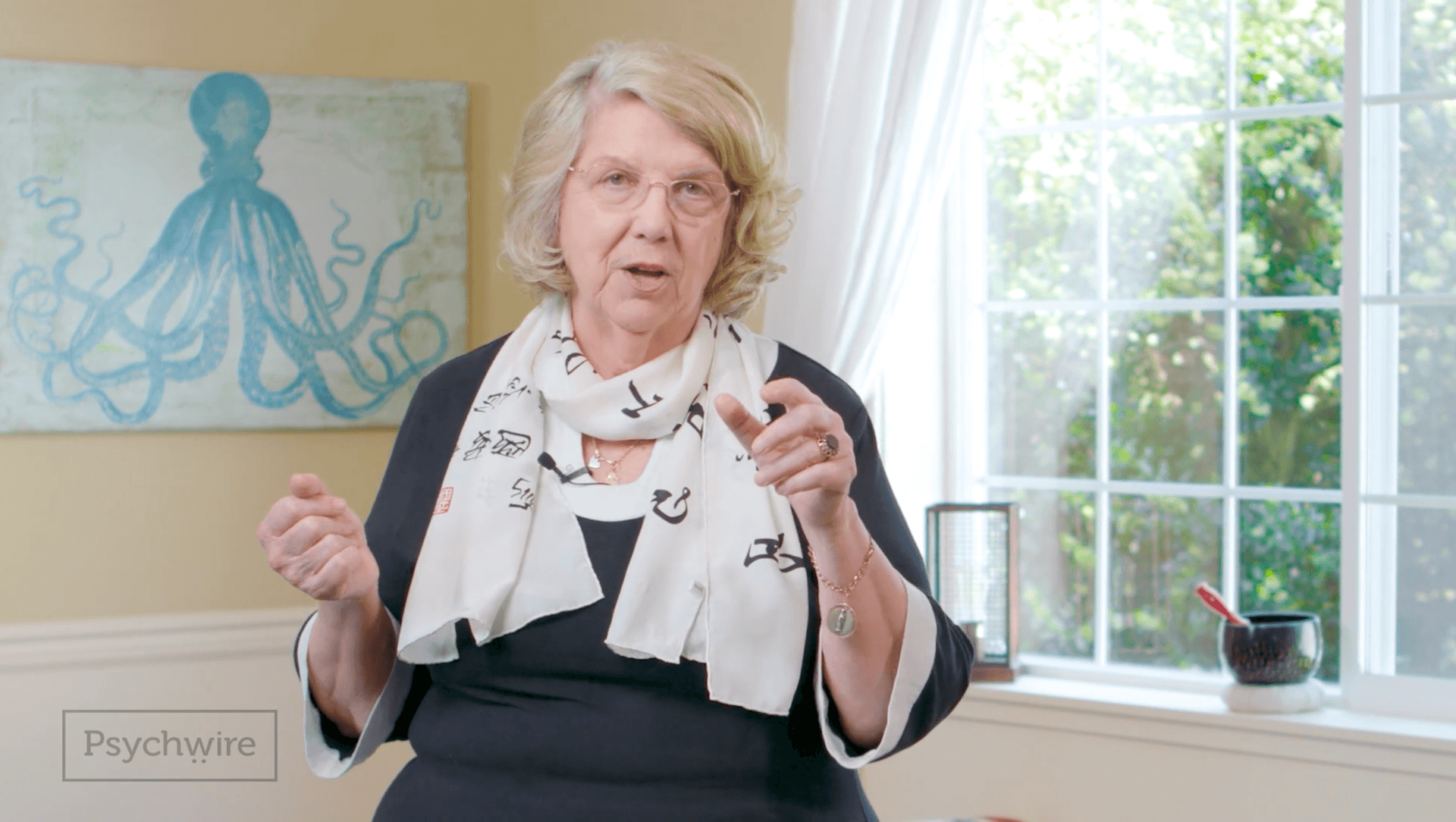
The Four DBT Skills Modules
 DBT Skills
DBT SkillsDBT has a number of modules. And if you're thinking about what the modules are, there are two things to really pay a lot of attention to. Which is that we have two fundamentally different sets of skills. We have one set of skills that are acceptance skills. And we have another set of skills that are change skills. Now, the facts of the matter are not only does that divide some of our skills, but it also divides up how we do psychotherapy and DBT.
So this is really very important. For you to have an understanding, which is what's the difference between acceptance and change? Okay. So it could be that it's totally clear to you. Acceptance is when you're accepting things about the client, and change is when you're trying to help the client change. Now the problem is, and the reason is called dialectical is at one point or another, you have to figure out how to bring those two things together. And the two things together is where dialect came from. Dialectics is when you bring the synthesis of opposites together.
So dialectics is when you bring together change and acceptance in one place. Now, DBT skills are actually divided into modules And we happen to have four different sets of modules, and I'm gonna go through all these modules in this particular course with you. These skills include mindfulness, and mindfulness actually is the core skill for the entire program. And then we have interpersonal skills. It also includes emotion regulation, which for most people is viewed as extremely important.
And then we have a whole set on distress tolerance. This is a set of skills that help you figure out how to reduce distress. Acceptance skills are the mindfulness skills. They're also the distress tolerance skills. Change skills are emotion regulation skills and also the interpersonal effectiveness skills.